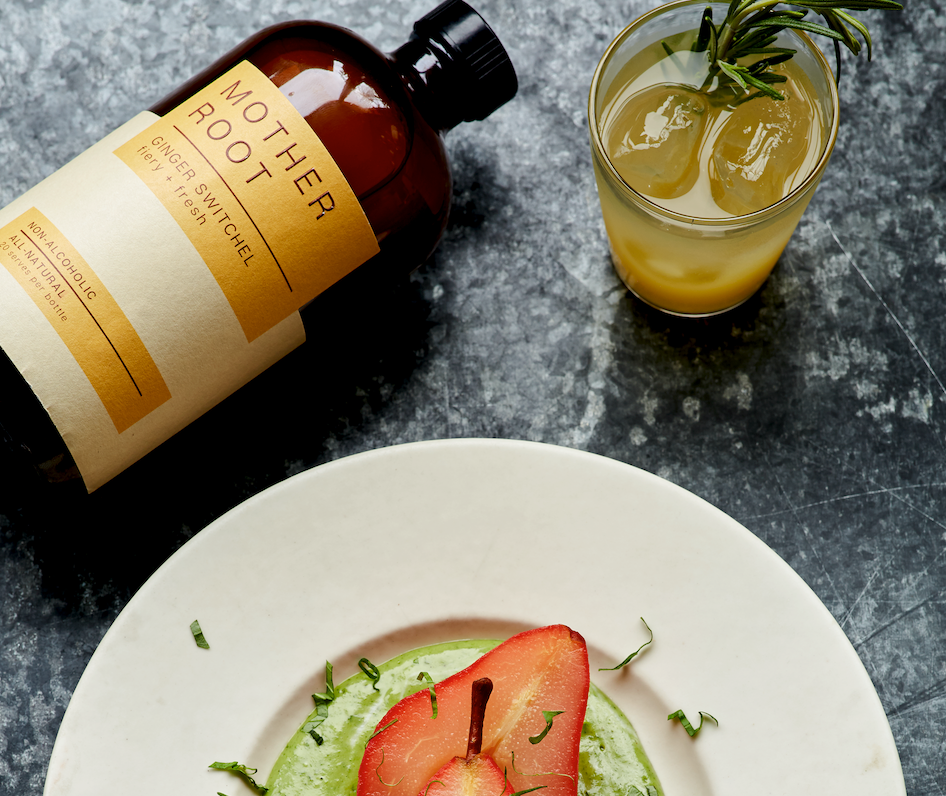
Tips for transitioning to a plant-based diet
With 14% of UK adults following a meat-free diet, it comes as no surprise that more people are interested in opting more plant foods and cutting down on meat products. Overall, average meat intakes in the UK are one of the highest in the world, and the recently published National Food Strategy calls to reduce 30% of our meat intake. in order to improve our food security and protect our environment.
We know food choices are very personal, but we know that whether for our personal health or the health of our planet, or for many other reasons, there are plenty of benefits to reducing meat intake and increasing plant diversity.
If you are thinking about transitioning to a plant based diet this month, there are a few things that you should know before taking the plunge. We spoke to our Kurami nutritionist to discuss more.
A well planned vegetarian or vegan diet could provide all the nutrients we need, although these might come from different sources. Some nutrients are best found in animal products so people who avoid meat should try to make sure these are consumed in sufficient amounts, including protein, omega-3 fatty acids, iron, calcium, vitamins B12 and D.
Protein is made up of amino acids, and it is important to eat a range of foods containing proteins in order to get enough of amino acids for good health, such as combining beans or pulses with grains, such as baked beans on toast or bean chilli and rice.
The long chain omega-3 fatty acids are important for heart health. The best source comes from oily fish. Some of these can also be converted from plant sources, including flax and chia seeds, flaxseed and rapeseed oil, walnuts and walnut oil, soybeans and products such as tofu and soybean oil.
There are plants which provide non-haem iron, including green leafy vegetables, beans and pulses, nuts and seeds, and dried fruit. For those who do not consume dairy, calcium can be found in green, leafy vegetables and calcium-set tofu. White flour in the UK is also fortified with iron and calcium so products made from these can also help.
Vitamin B12 can be found in yeast extracts and fortified dairy-free alternatives, which can be used as a replacement for milk in cooking, such as a white sauce. Those who choose a vitamin D supplement should also make sure that it is suitable for vegetarians and vegans.
Overall,
At Kurami we cater for vegan, vegetarian and pescetarian diets, so you can rest assured that our meal paths support whichever nutritional preference you follow. Looking to discover new meat-free dishes? Try our delicious tofu poke bowl or asian inspired laska; perfect for heading into winter.



